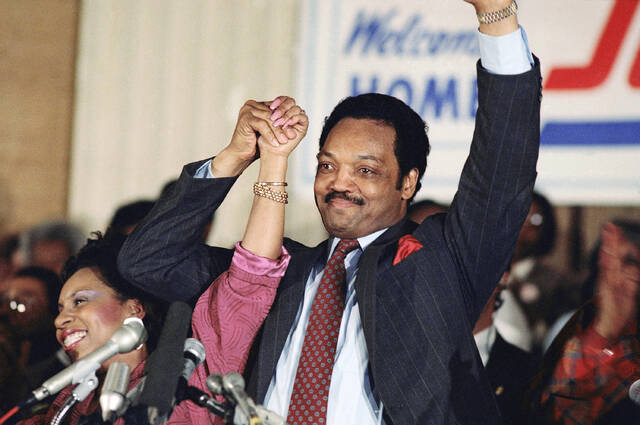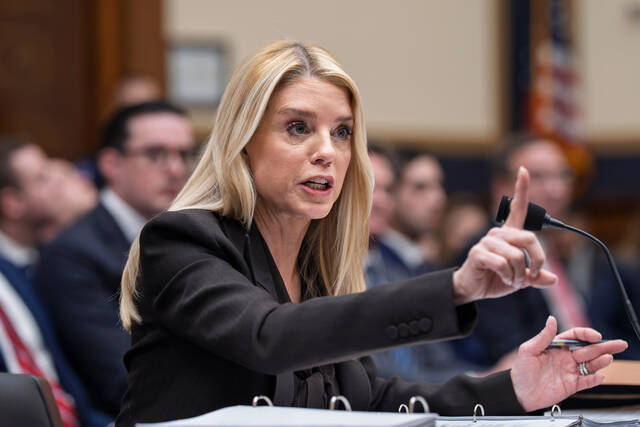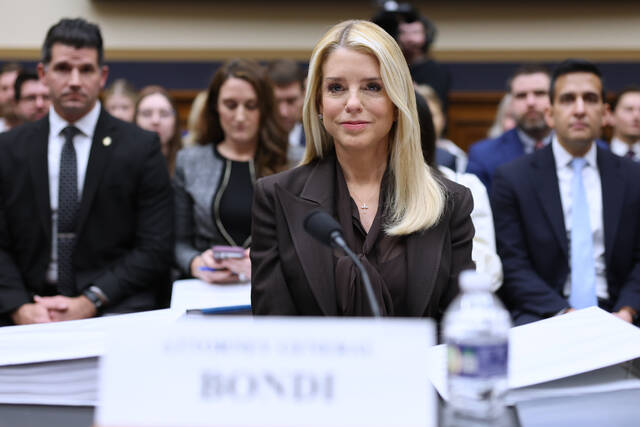Is modern cinema in trouble?
According to Isabelle Huppert, the president of this year’s Venice International Film Festival jury, it is. On the opening day of the festival, Huppert said, “I’m worried about the things everyone is worried about. Making sure that cinema continues to live because it is very weak now.”
She didn’t explain the meaning of “weak,” but we can speculate. Perhaps Huppert was referring to global box office revenue, which has still not returned to pre-pandemic levels, though it continues to rise year after year.
Or maybe she was referring to the fact that it can be challenging to make successful independent films in a saturated market. With the rise of smartphones and the emergence of new editing technology, filmmaking is more accessible than ever, and platforms like TikTok enable budding filmmakers to build a wide audience. But this can also make it harder to stand out from the crowd.
And then there’s the question of funding. Without the backing of a big-budget studio, independent filmmakers must finance projects on their own. Finding private investors, grants and other crowdsourced funds doesn’t leave much time for the work itself: making a film.
And yet, with all the challenges modern filmmakers face, I can see plenty of reasons to be hopeful. My local film scene is one of them.
Pittsburgh’s roots in the film industry date back to 1905, when the world’s first notable nickelodeon theater opened on Smithfield Street. Since 1990, over 120 movies and TV shows have been filmed here. Pittsburgh is also home to at least nine annual film festivals, including Three Rivers Film Festival, Pittsburgh Shorts & Script Competition, ReelQ Pittsburgh, the Pittsburgh Silent Film Festival and the CMU International Film Festival, among others.
Last November, the per-screen average attendance at Film Pittsburgh’s Three Rivers Film Festival and Pittsburgh Shorts & Script Competition increased by 17% over the previous year. Attendance for in-person screenings increased by 43%.
Film festival attendance around the globe is also on the rise. The 2023 Cannes Film Festival broke records with over 14,000 attendees, and they expected a 6% increase in 2024, though the official count has not yet been released. Here in the U.S., the 2024 Milwaukee Film Festival saw a 10% increase in attendance over last year.
This doesn’t seem “weak” to me. I believe film festivals are doing well because of the inherent value they add to the movie-watching experience. There’s a sense of community at a film festival that you can’t get anywhere else. Many festival screenings are followed by director Q&As and receptions, where audience members can engage in conversations about the films. When you’re sitting in the theater listening to a director answer your question about her creative process — or when you’re eating cookies in the lobby afterwards, talking to a stranger about the films you liked the best — you get an overwhelming feeling that you’re part of something, that you belong.
American filmmaker Debra Granik, who was on the Horizons jury at the Venice International Film Festival, supported Huppert’s statement about the precarious condition of modern cinema. However, she also emphasized the importance of film festivals as a platform for filmmakers to “continue telling the stories that aren’t covered in the mainstream.”
I couldn’t agree more.
The beauty of independent film is that it can spotlight people and issues that might not otherwise gain traction in the commercial sphere. It can introduce us to new perspectives, cultures, and stories we haven’t encountered before.
The fall is a great season for film, with festival lineups in New York, Chicago, Austin and here in Pittsburgh, to name a few. While modern cinema certainly has its challenges, it also fills a niche in our arts landscape, and I believe it will continue to thrive for years to come.
Kathryn Spitz Cohan is the executive director of Film Pittsburgh.








